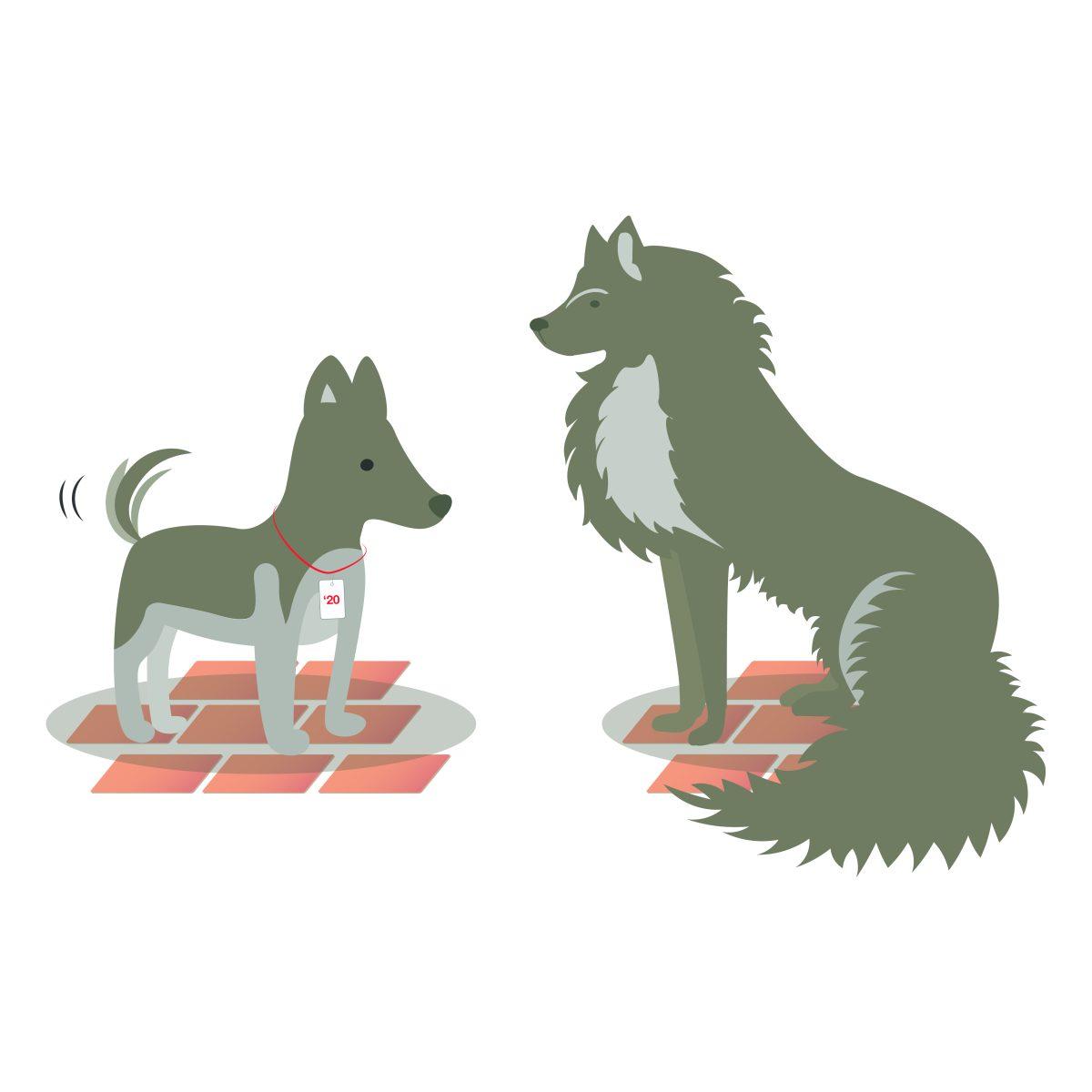With orientation up and in full swing, many current students feel the need to share their wisdom with the newest members of our Wolfpack: the class of 2020.
Preparing for orientation, summer packing and the beginning of your first semester can all be very stressful. To help deal with this, I asked rising sophomores to answer some questions and give advice to the new students.
What should rising freshmen do over the summer to prepare for their freshman year?
“Start talking to your roommate about what supplies for the room you are going to buy,” said Graham Whitehouse, a sophomore studying biomedical engineering. “And start shopping early. Make lists of what you’ve bought and what you need.”
“Enjoy the free time while it lasts,” said Staton Michaels, a junior studying mechanical engineering.
“Relax and enjoy summer while you have it,” said Heather Schriefer, a sophomore studying animal science. “Everyone handles school differently. Don’t be overwhelmed, and yes, you will get lost.”
What do you wish you had known going into orientation?
“Everything I had previously read in books and online made college orientation out to be a life-changing event,” said Charlotte Rogus, a sophomore studying animal science. “This is not the case.”
“Don’t be nervous,” said Steven Hanlon, a sophomore studying chemical engineering. “Because everybody else is too.”
How well did orientation prepare you for your freshman year?
“It prepared me decently well,” Whitehouse said. “I learned about the layout of the campus and what to expect for food. Otherwise there wasn’t much preparation for the year as a whole. I still wasn’t entirely sure what to expect.”
“Most of the information that was presented was not new to me,” Rogus said. “Orientation was a nice way to get to know the campus and to meet fellow students, but coming away from those two days I didn’t feel as though I had learned anything I didn’t already know.
Was orientation a good experience for you and did you learn a lot of important information?
“I learned a lot, although some points were over emphasized,” Whitehouse said. “For engineering the scheduling was a giant mess because they did not have the staff to give everyone individual time with an advisor. This led to lots of confusion and time wasted.”
“I learned a lot of important information but I didn’t have a good experience,” said John Kripner, a sophomore studying mechanical engineering. “I didn’t enjoy it much.”
“To be honest, I would not say that I learned a whole lot at my orientation session,” Rogus said. “Most of the information that was discussed were things that I had already known from browsing NC State’s website. The main reason I found orientation to be beneficial was because it helped me to get accustomed to the campus. Being an out-of-state student, prior to orientation I hadn’t had much of a chance to really see and explore NC State. Touring the campus with my orientation group during the day and then exploring the campus with the friends I made that night caused me to feel more comfortable and excited about making NC State my new home. Additionally, I met people during orientation that I am still good friends with now; we are all sharing a suite together this coming school year.”
What is the most important thing a rising freshman needs to know?
“You cannot possibly be prepared for everything ahead, so just take it as it comes,” Whitehouse said. “Be willing to be flexible and be open to new people and ideas.”
“Get out and meet people go do things,” Kripner said. “Don’t be scared, just try new things.”
“It’s okay to ask for help,” Schriefer said. “You will get lost, and you probably won’t know anyone, or the few people you do know have completely different schedules. Be open-minded and friendly, and you’ll have no problem making friends.”
“Remember that the schedule they give you during orientation is not final,” Hanlon said. “If you don’t like the way things are laid out, try and organize how you want it to be.”
“Take your laundry out of the washers and dryers on time,” Rogus said. “It’s okay to miss your parents. Have fun.”
“Don’t talk to reporters,” Michaels said.








